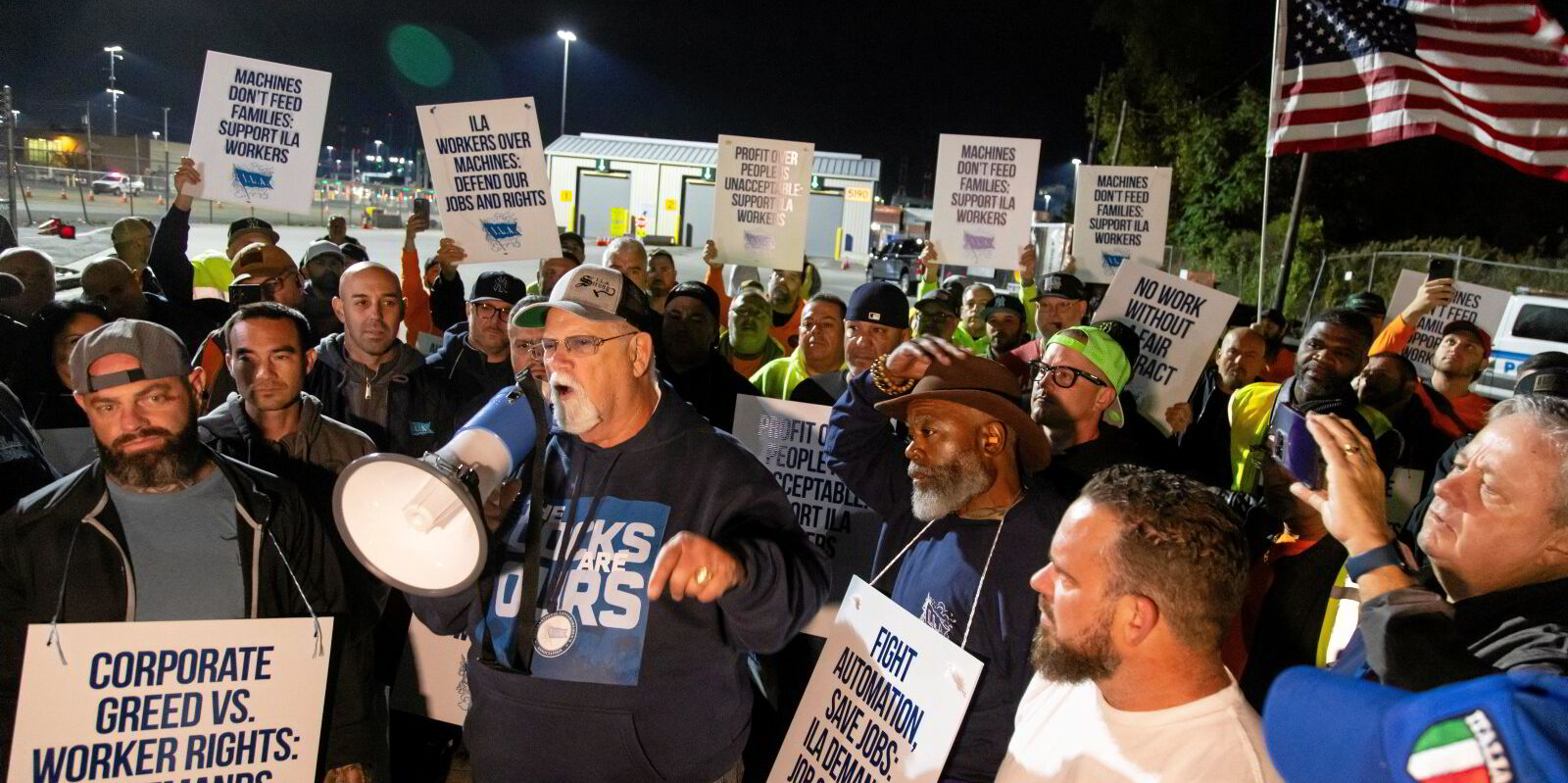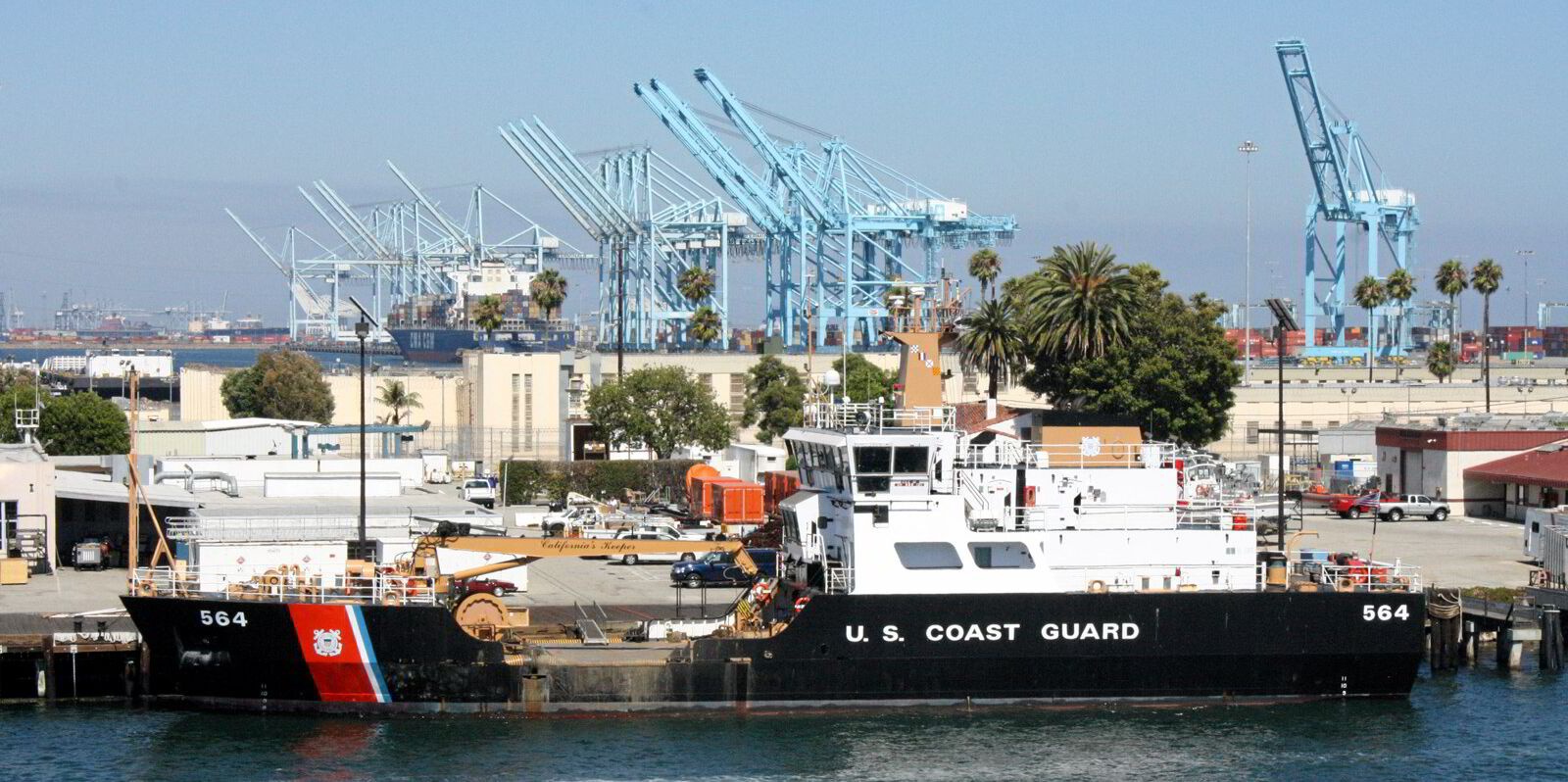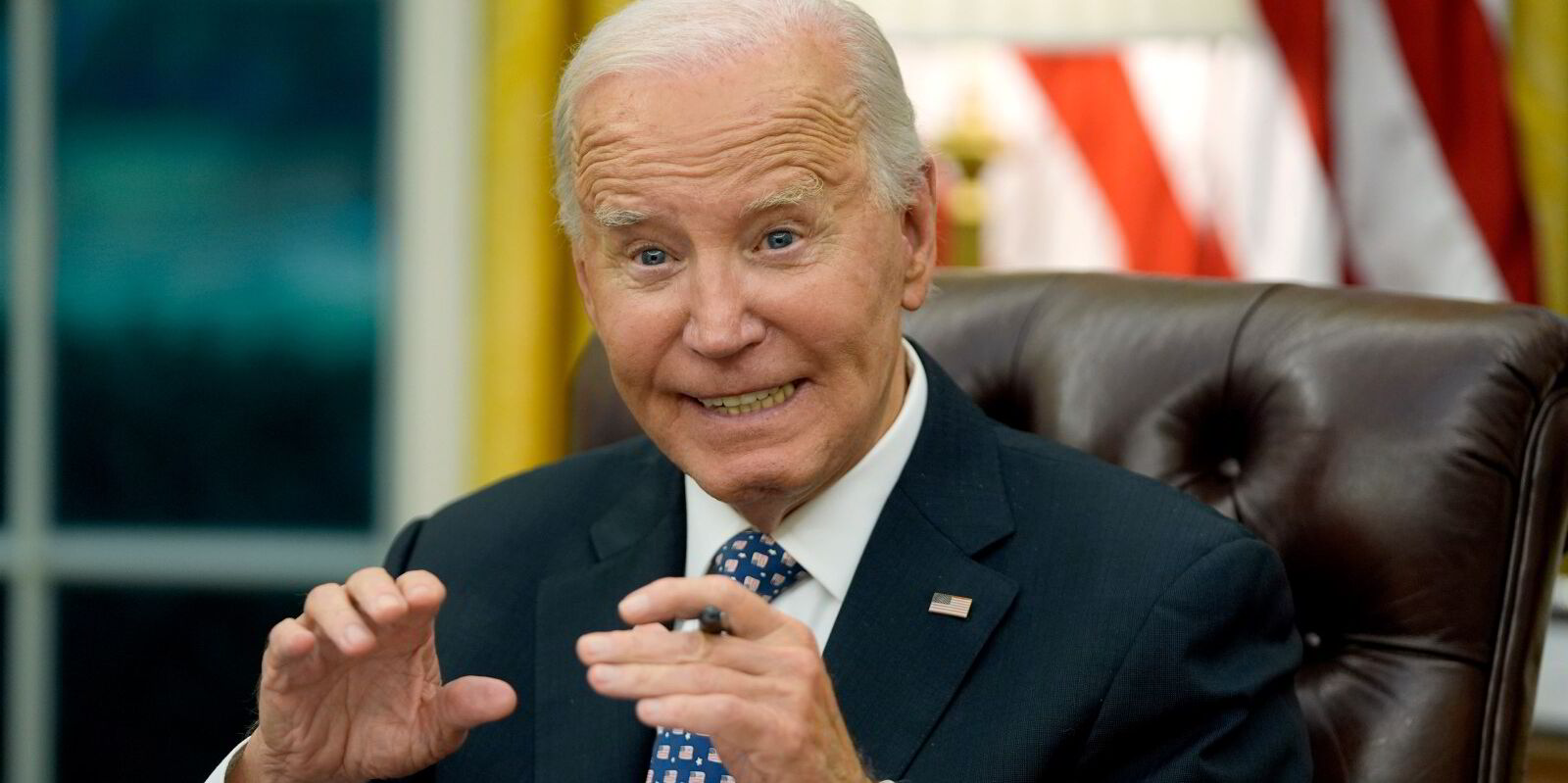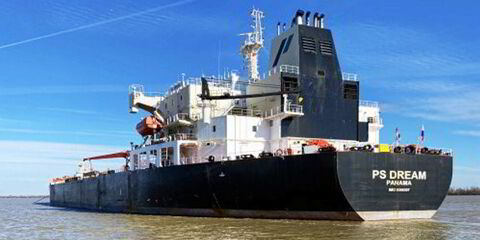A last-ditch attempt by the United States Maritime Alliance (USMX) to avert a workers’ strike in the US east coast and Gulf ports by offering a 50% wage increase has failed.
Members of the International Longshoremen’s Association downed tools at midnight EST on Tuesday morning as their contract with USMX expired.
The walkout affects ports from Maine to Texas, which account for between 43% and 49% of all US imports.
The main ports affected are Boston, New York/New Jersey, Philadelphia, Wilmington, Baltimore, Norfolk, Charleston, Savannah, Jacksonville, Miami, Tampa, New Orleans, Mobile and Houston.
The ILA is the largest maritime union in North America. This is its first strike action since 1977.
The Conference Board, a US think tank, said on Monday that a one-week strike would cost the US economy $3.78bn, or about $540m per day, as vehicle and container terminals at 36 ports shut down.
The ILA had been pushing for higher wages and to prevent what it considers “job-killing” automation.
Late on Monday evening, USMX said it had submitted a new offer that it claimed would increase wages by nearly 50% over six years, triple employer contributions to employee retirement plans, strengthen health care options and “retain the current language around automation and semi-automation”.
However, no agreement was reached with the ILA when the clock struck midnight.
TradeWinds was unable to obtain official notification of the situation shortly after midnight as the USMX website appeared to have temporarily crashed, while the last update from the ILA’s social media platforms was a letter from the Teamsters union stating that it supported the ILA’s actions posted an hour before midnight.
However, social media platforms used by port workers quickly began showing posts in which picket lines were being formed as ports shut down and billions of dollars in trade came to an abrupt halt.
New York Governor Kathy Hochul said in a statement issued shortly after midnight that “the first large-scale eastern dockworker strike in 47 years began at ports from Maine to Texas, including at the Port Authority of New York and New Jersey”.
Hochul said that in preparation for the strike, New York had been working around the clock to ensure that grocery stores and medical facilities had the essential products they needed.
“It’s critical for USMX and the ILA to reach a fair agreement soon that respects workers and ensures a flow of commerce through our ports. In the meantime, we will continue our efforts to minimise disruption for New Yorkers,” Hochul said.
“To our longshoremen and port workers: We support your right to fair treatment and working conditions.
“To my fellow New Yorkers: We are prepared to keep the Empire State running,” she said on X.
Citing analyst predictions, TradeWinds reported just hours before the strike that it could cost the US economy between $300m and $5bn per day.





